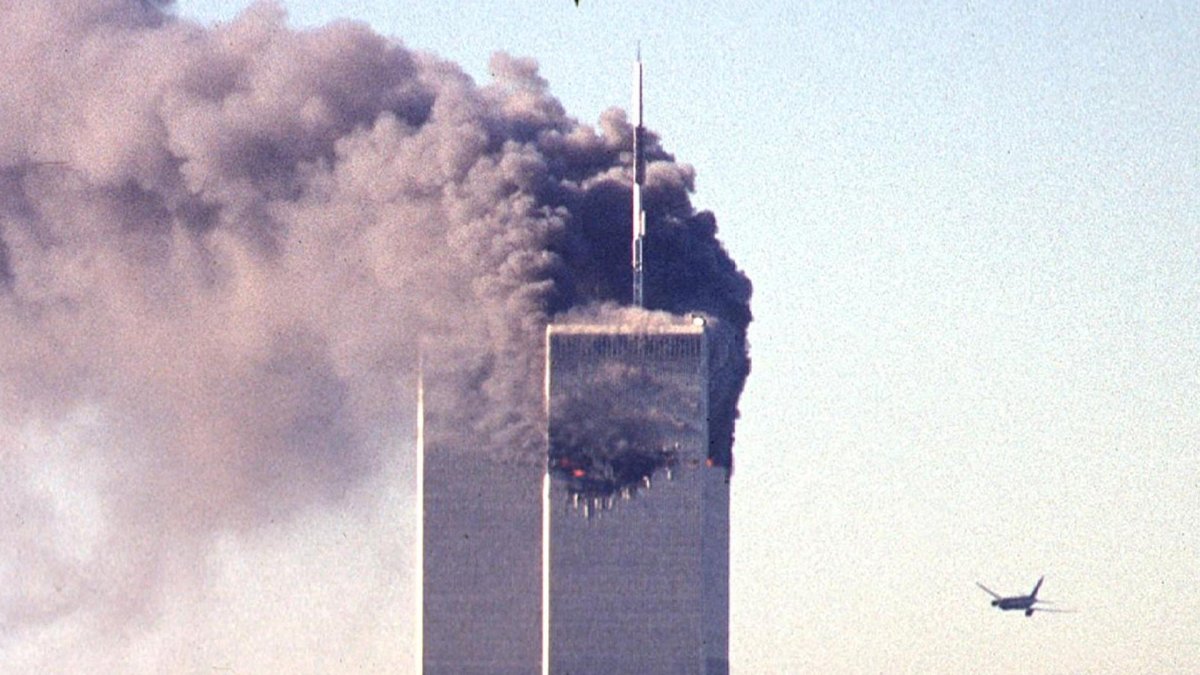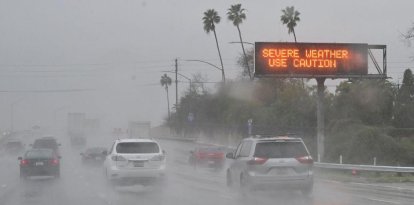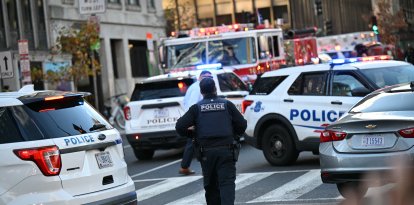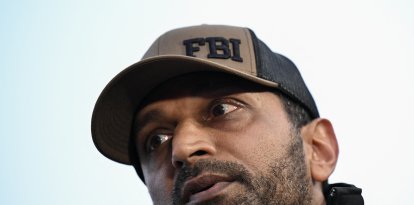New revelations implicate Qatar in 9/11 attacks
After Washington decided to revoke some terrorist plea deals for their involvement in the attack, new documents that have surfaced could prove the link between the Qataris and Khaid Sheikh Mohammed, the alleged mastermind of 9/11.

9/11 attack on the Twin Towers.
The recent plea agreement reached by the United States with Khalid Sheikh Mohammed, the alleged mastermind of the Sept. 11 (9/11) terrorist attacks, prevented full disclosure of Qatar's role and responsibility in the attack. However, after Defense Secretary Lloyd Austin revoked the plea deals of Mohammed and two of his accomplices, a series of attacks perpetrated by Mohammed on U.S. soil were revealed that could prove Qatar's complicity, indicates the Middle East Media Research Institute (MEMRI).
Mohammed and his accomplices, Walid bin Attash and Mustafa al Hawsawi, who are imprisoned at Guantanamo Bay, Cuba, had agreed to plead guilty to the charges against them in order to receive a life sentence and avoid the death penalty.
The disclosed documents show Mohammed's involvement in a series of attacks on U.S. soil and other countries while working for the Qatari Ministry of Security and Water in the 1990s, as revealed in the report by the Commission on Terrorist Attacks in the United States.
The documents also reveal that in 1996, when Mohammed began planning what would later become 9/11, Qatar helped the terrorist flee the country after the FBI tipped off the Qatari government that it was preparing to travel to Doha, the Arab country's capital, to arrest him for his involvement in various terrorist plots, such as the 1993 World Trade Center bombing.
With Qatar's help, Mohammed fled to Afghanistan and then to Pakistan, where he continued planning the attacks that would lead to 9/11.
MEMRI notes that Richard A. Clarke, a counterterrorism advisor during the Bill Clinton and George W. Bush administrations, wrote in his book "Against All Enemies: Inside America's War on Terror" (2004) that according to one report, Mohammed learned of the U.S. plan to capture him. He added that Washington assumed that the Qatari government was responsible for the leak.
Clarke added in his book that Mohammed had managed to flee using a passport provided by Qatar's Ministry of Religious Affairs, which was headed by Abdullah bin Khalid Al-Thani, a member of the Arab country's ruling family.
As can be seen, Mohammed felt at ease in Qatar and had a close relationship with influential people in that country, which allowed him to have all the comforts and protections to plan attacks that also led to the 9/11 attack, among others.
The various U.S. administrations have not taken punitive measures against Qatar, despite the existence of Mohammed's confession; the 9/11 report of the Commission on Terrorist Attacks against the United States (published in 2004), which includes information on Mohammad's whereabouts and terrorist activities; and the Department of Defense memo on Mohammed's life while employed by Qatar, among other documents showing the complicity of the Qatari regime in his terrorist activities.
Qatar, as MEMRI points out, is the main state sponsor of Islamic terrorist organizations, such as ISIS, Al-Qaeda, Hamas, Hezbollah, the Houthis, the Taliban, Jabhat Al-Nusra, Hayat Tahrir Al-Sham and the Iranian Revolutionary Guard Corps.
Washington has gradually disclosed information about Mohammed's terrorist activities since the 1990s. In fact, his confession in Guantanamo, after he was captured by the U.S. in 2003, appeared in the U.S. media in 2007. However, as mentioned above, Austin's decision to revoke some plea agreements led to the disclosure of more documents compromising Doha.

























